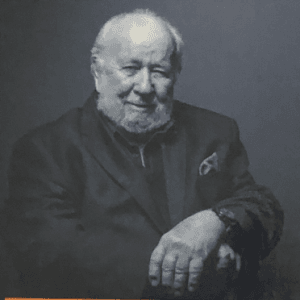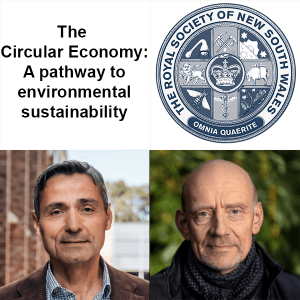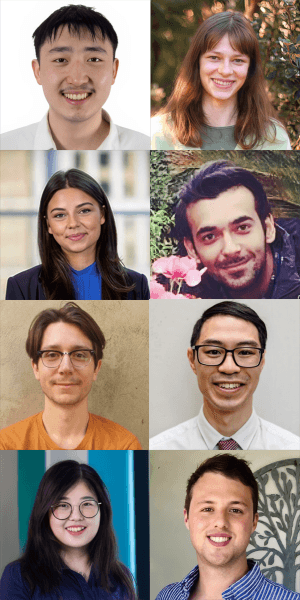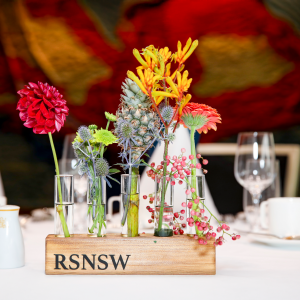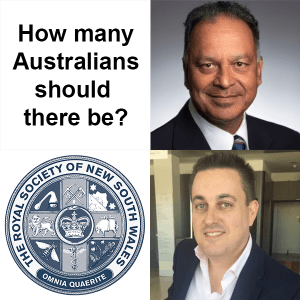Asian honey bees: biology, conservation and human interactions
A/Prof. Ben Oldroyd, School of Biological Sciences, Sydney University.
Wednesday 5 July 2006, 6.30 for 7 pm
Conference Room 1, Darlington Centre, City Road
ABSTRACT
The familiar European hive bee, Apis mellifera, has long dominated honey bee research. But in the last 15 years, teams in China, Japan, Malaysia, and Thailand began to shift focus to the indigenous Asian honey bees. Benjamin Oldroyd, well known for his work on the genetics and evolution of worker sterility, has teamed with Siriwat Wongsiri, a pioneer of the study of bees in Thailand, to produce a new book, recently published by Harvard University Press, synthesizing the rapidly expanding Asian honey bee literature. The talk will provide a synopsis of the book including evolution and speciation, division of labour, communication, and nest defence.
Oldroyd will underscore the pressures colonies face from pathogens, parasites, and predators – including man – and detail the long and amazing history of the honey hunt. He will also discuss directions for conservation efforts to protect these keystone species of Asia’s tropical forests.
BIOGRAPHICAL NOTES
A/Professor Ben Oldroyd obtained his PhD from Sydney for a thesis on bees. He returned to the University of Sydney in 1995. He previously worked in the Victorian Department of Agriculture, the bee laboratory of USDA at Baton Rouge and La Trobe University. He has published over 100 papers on bee genetics, evolution and behaviour.
Report on the General Monthly Meeting by Jak Kelly
The familiar European hive bee, Apis mellifera, has long dominated honey bee research. Our speaker described the recent change in emphasis by researches in China, Japan, Malaysia, and Thailand away from the European and towards the indigenous Asian honey bees. Professor Oldroyd and Siriwat Wongsiri, a pioneer of the study of bees in Thailand, have recently published a book [Harvard University Press] which synthesizes the rapidly expanding Asian honey bee literature. This lecture was based on material from the book and dealt with the Asian bee’s evolution and speciation, division of labour, communication, and nest defence against pathogens, parasites, and predators – including man. Honey has always been a prized food for both animals and man and there were fascinating pictures and descriptions of how local people have developed methods of harvesting the honey. As with an increasing number of natural resources, some of the keystone bee species of Asia’s tropical forests are threatened. Some of the conservation efforts to protect these bees were described. A fascinating lecture on a subject which few of us knew much about. Not a good research topic for people allergic to bee stings.

